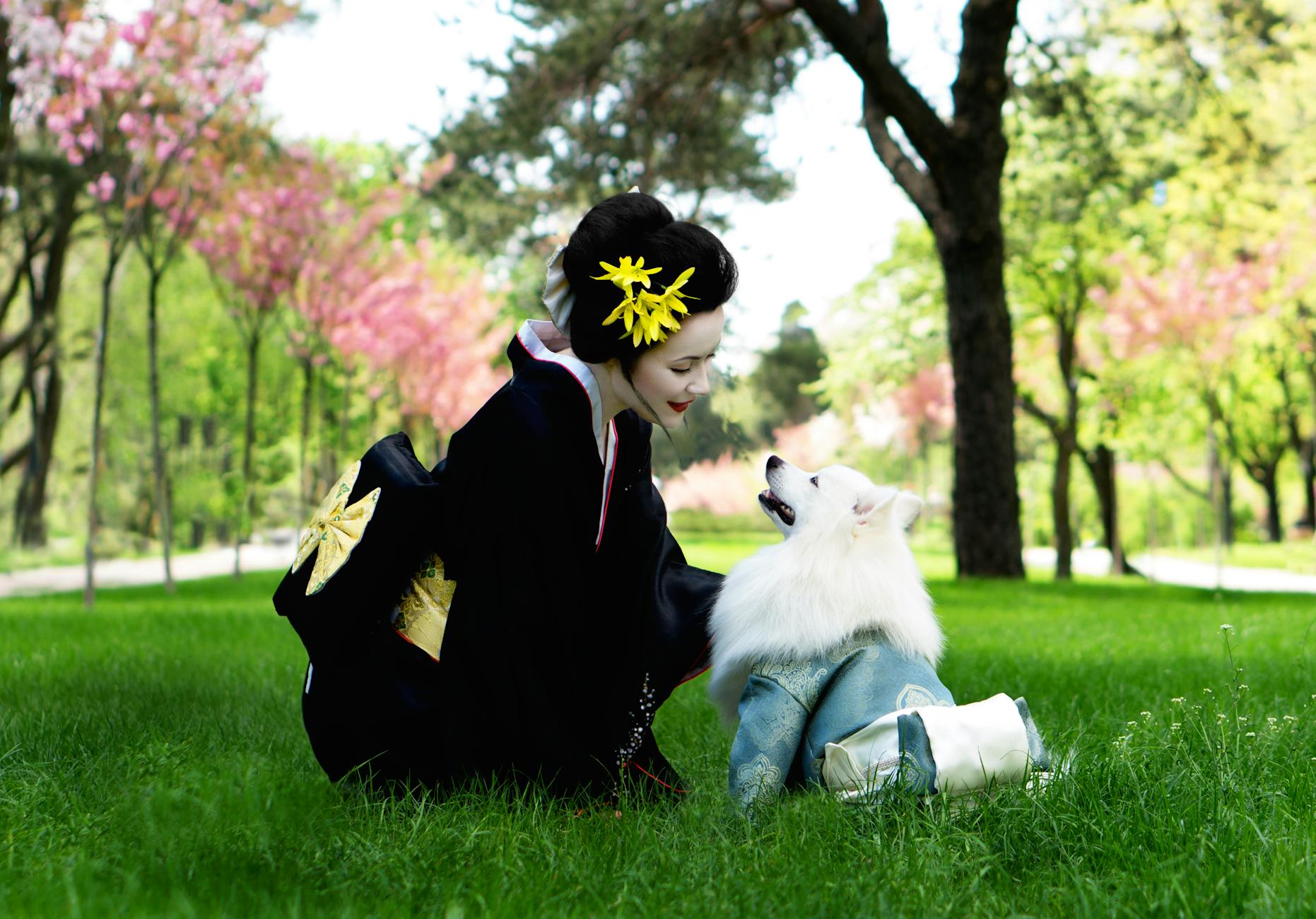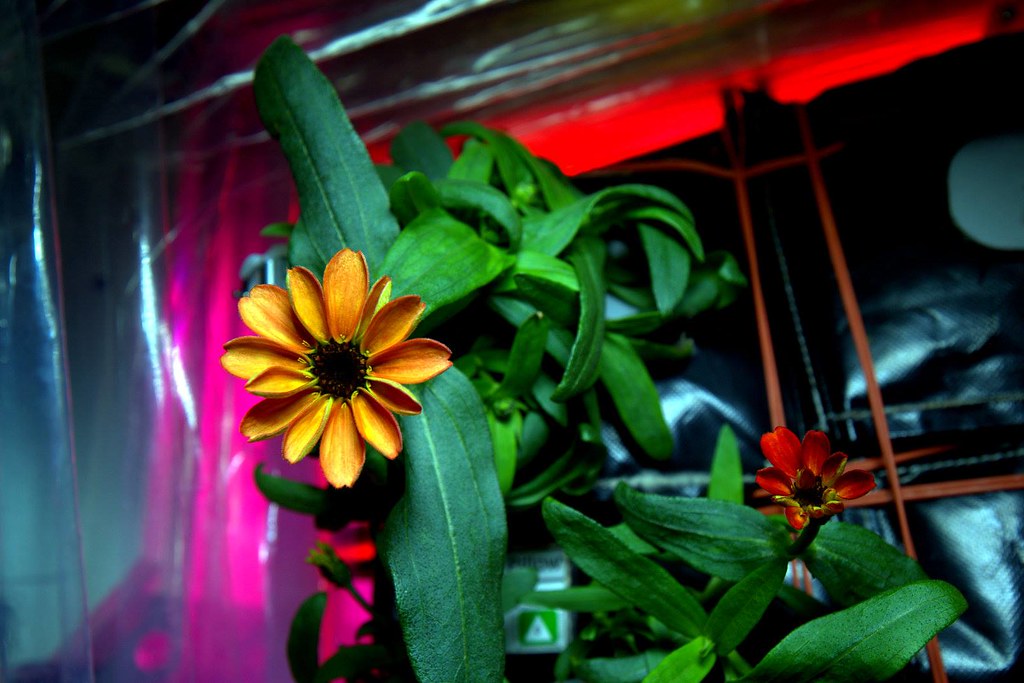In a recent podcast, actor-turned-entrepreneur Ashton Kutcher shared his enthusiasm for OpenAI’s latest innovation, Sora. This cutting-edge generative AI video tool has captured Kutcher’s imagination, prompting him to predict a seismic shift in film production and content creation.Kutcher, who has been granted beta access to Sora, expressed awe at the tool’s capabilities. “I’ve been playing around with Sora… and it’s pretty amazing. Like, it’s pretty good,” he remarked, underscoring the potential of this AI-powered video generator to transform the filmmaking landscape.
The versatility of Sora is what sets it apart. Users can specify the exact shot, scene, or even an entire trailer they desire, and the AI brings it to life. “It invents that thing. You haven’t shot any footage, the people in it don’t exist,” Kutcher explained, highlighting the tool’s ability to create content from scratch without the need for physical sets or actors. While Sora is still in its early stages and grapples with minor inconsistencies in physics and realism, Kutcher emphasized the remarkable progress made in just one year. The leap in quality and realism from previous iterations to Sora is, in his words, “leaps and bounds” ahead.
One of the most striking aspects of Sora is its potential to democratize high-quality content creation. Kutcher pointed out that a single establishing shot of a house, which traditionally could cost thousands of dollars to produce, can now be generated by Sora for a mere $100. This dramatic reduction in production costs could level the playing field for independent filmmakers and smaller studios.The implications of Sora extend beyond cost savings. Kutcher envisions a future where personalized movies become a reality, and the overall standard of content rises due to increased competition. The tool’s ability to create complex action scenes without the need for expensive CGI departments or stunt performers further underscores its disruptive potential.
Kutcher shared an anecdote that illustrates Sora’s capabilities: “In five minutes, I rendered a video of an ultra-marathoner running across the desert being chased by a sandstorm.” This level of complex scene creation, achieved in minutes without a dedicated effects team, hints at the tool’s power to revolutionize visual storytelling.Looking to the future, Kutcher is optimistic about the rapid advancements in AI technology. He mentioned NVIDIA’s upcoming Blackwell GPU cluster, which is expected to be 30 times more powerful than existing GPUs. This leap in processing power could enable the creation of entire AI-generated movies, further blurring the lines between traditional filmmaking and AI-driven content creation.
Kutcher’s excitement about Sora is not merely speculative; it’s backed by his significant investments in the AI sector. His venture capital firm, Sound Ventures LLC, is an investor in Hugging Face, an open-source AI company that recently raised $235 million in a Series D funding round, achieving a valuation of $4.5 billion. This investment, alongside contributions from tech giants like Salesforce, Nvidia, and Microsoft, underscores the growing confidence in AI’s role in shaping the future of technology and entertainment.
Moreover, Sound Ventures’ recent fundraising of nearly $243 million for an AI-focused fund within just five weeks demonstrates Kutcher’s commitment to and belief in the transformative power of AI technologies like Sora.
As Sora continues to evolve and similar tools emerge, the film industry stands on the brink of a technological revolution. While challenges remain, including ethical considerations and the need to balance AI assistance with human creativity, the potential for AI to enhance and democratize filmmaking is undeniable. Ashton Kutcher’s enthusiastic endorsement of Sora may well be a harbinger of the exciting changes to come in how we create, consume, and experience visual storytelling in the years ahead.







